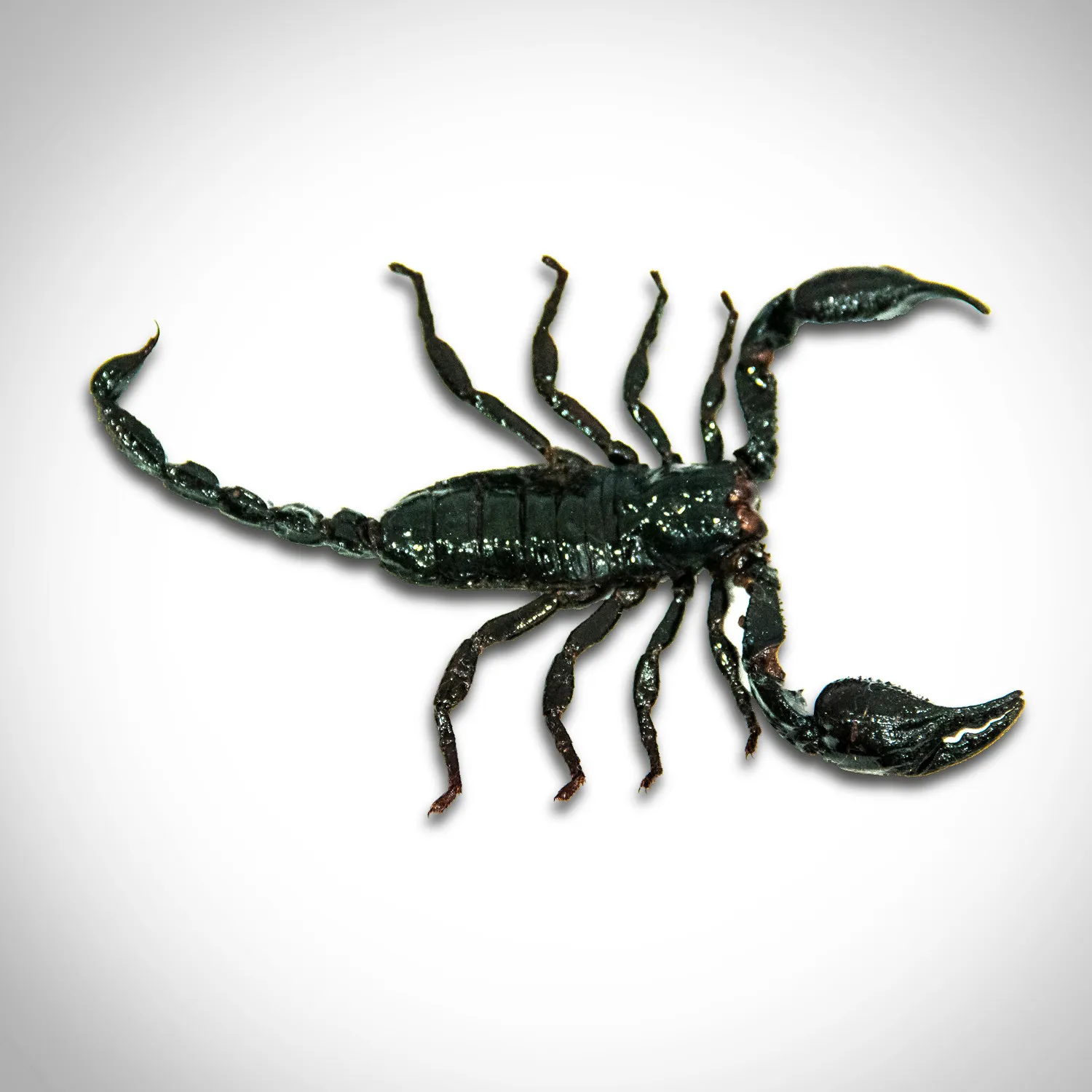What Makes Tarantulas and Scorpions Popular Pets
Tarantulas and scorpions have surged in popularity as exotic pets, captivating enthusiasts with their unique appearances and relatively low maintenance requirements compared to traditional pets. Their fascinating behaviors, diverse sizes, and the opportunity to observe a different world of wildlife contribute to their appeal. These arachnids offer a captivating glimpse into a world of ancient lineages, attracting those who appreciate the beauty of nature’s intricacies and the allure of the unusual. Their relatively quiet nature, compared to some pets, makes them suitable for apartment living, and the diverse range of species ensures that there’s a perfect fit for a wide range of preferences and experiences. The fact that they are relatively low-allergen pets is another factor that makes them interesting pets.
Variety of Species Available for Sale
The market boasts a diverse array of tarantula and scorpion species available for sale, providing opportunities for both novice and experienced keepers to discover something new and exciting. These species span the globe, each with its unique colors, sizes, and behaviors. Researching the various species is crucial, as their needs and temperaments can vary greatly. The choices are plentiful, from the docile Chilean Rose tarantula, a popular choice for beginners due to its gentle disposition and hardiness, to the Emperor Scorpion, known for its impressive size and striking appearance. This wide selection helps to guarantee that prospective owners find a match that complements their level of experience and interests, creating an enriched and personalized pet ownership experience.
Tarantula Species
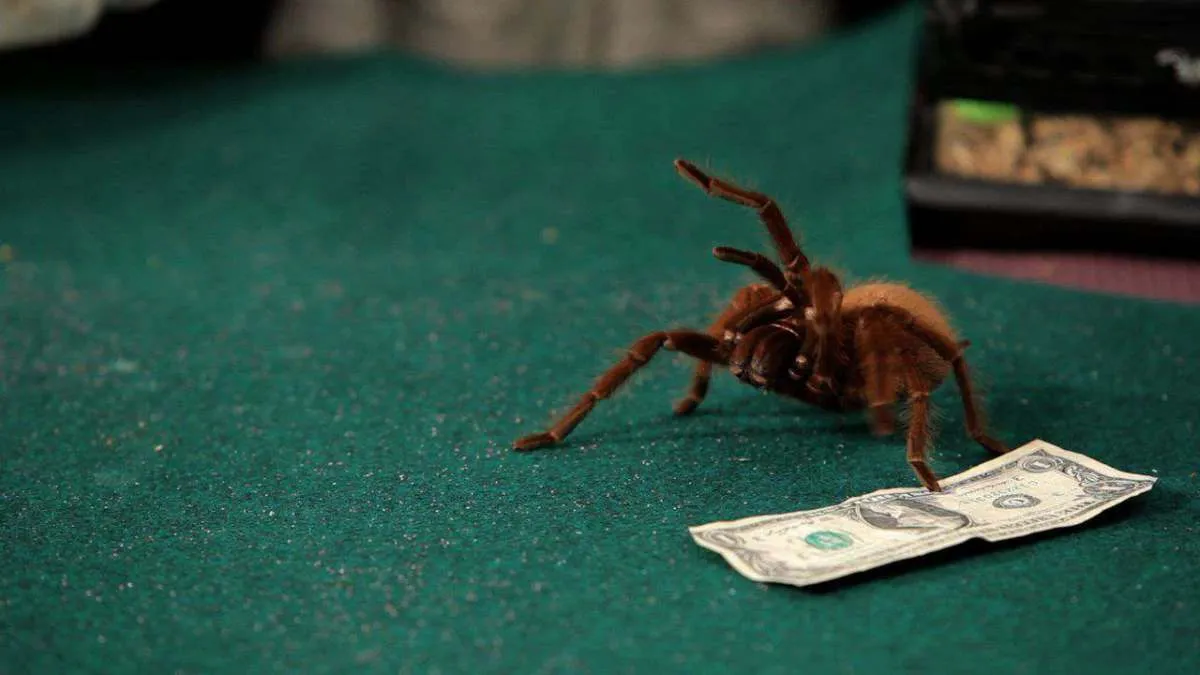
Tarantulas are an exciting group, and there are many different species available. Popular choices include the docile Chilean Rose (Grammostola rosea), the vibrant Brazilian Black (Grammostola pulchra), and the fast-growing and colorful Mexican Red Knee (Brachypelma hamorii). Each species offers a unique aesthetic, and their varying temperaments add to the intrigue. Understanding the specific needs of each type is key to their well-being. Differences in humidity requirements, burrowing preferences, and dietary needs are significant. Therefore, careful consideration of each species’ care requirements is critical before a purchase is made.
Scorpion Species
Scorpion enthusiasts also have a wide selection of species from which to choose, each with its own distinct characteristics and needs. The Emperor Scorpion (Pandinus imperator) is a popular choice because of its impressive size and relatively docile nature. Other sought-after species include the Asian Forest Scorpion (Heterometrus longimanus), known for its dark coloration and striking appearance. Understanding the potential for venomous bites, and the different temperaments of different scorpion species is crucial. Selecting a species that aligns with your experience and ability to provide appropriate care is vital to ensuring a safe and rewarding experience.
Factors to Consider Before Purchasing
Before buying a tarantula or scorpion, a well-thought-out assessment of your capacity to care for the animal is essential. Their care extends beyond simply providing food and water; it involves providing an environment that meets their specific requirements and ensures their health and well-being. Researching the chosen species, understanding its specific needs, and making the necessary preparations before acquiring a pet are crucial. The purchase should also take into account whether there are any allergies or other household challenges, such as young children or other pets, that may be affected by the new addition. Taking these measures will help in ensuring a positive experience for both the owner and the animal.
Health and Temperament
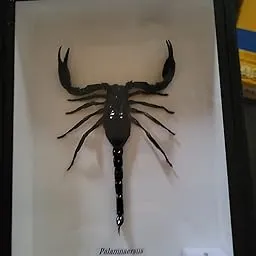
Evaluating the health and temperament of a tarantula or scorpion is of utmost importance before making a purchase. Look for signs of health, such as alertness, activity, and a healthy exoskeleton. Avoid specimens that appear lethargic, have missing limbs, or display any signs of illness. Research the species’ temperament, as some are more docile than others. Consider the pet’s temperament against your own comfort level, and make sure you’re prepared to handle its potential behaviors. Knowing how to spot these characteristics will help in making sure you bring home a healthy, well-adjusted animal that you can care for comfortably.
Size and Growth
The size and growth potential of a tarantula or scorpion are important factors in your purchasing decision. Consider the adult size of the species, as this will dictate the size of the enclosure required. Keep in mind that these animals can live for many years, and the space needed will grow over time. Be sure to research the growth rate of the species, as well. This knowledge will allow you to plan appropriately for the animal’s future needs. Making plans for how the animal will develop, and providing a proper home for it, will increase the chances of a happy and healthy pet.
Lifespan
The lifespan of a tarantula or scorpion varies depending on the species, so knowing the expected duration can shape your commitment. Some tarantula species, especially females, can live for over 20 years. Scorpions usually have shorter lifespans, but can still survive for several years. Understanding the lifespan of a pet is essential, because it determines the long-term commitment needed for its care. This information will help make the right decision, ensuring you are prepared to offer care and support for the entire life cycle of the animal.
Where to Buy Tarantulas and Scorpions
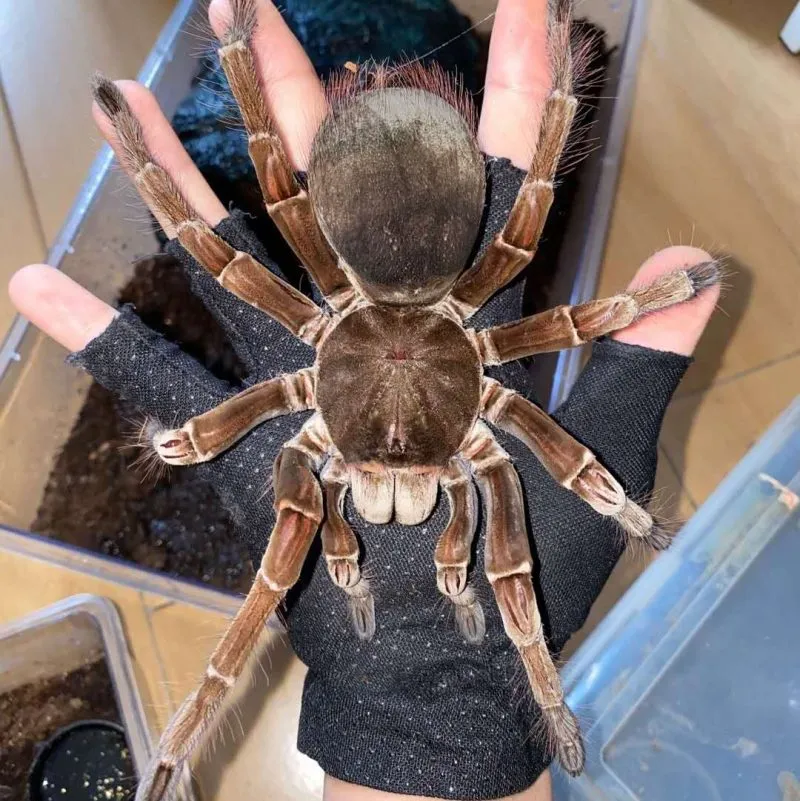
Finding a reliable source for tarantulas and scorpions is essential to acquiring a healthy pet. The location where you buy your pet can affect its health, and your overall experience. Reputable vendors often adhere to ethical practices, giving you confidence in the quality of the animal. Researching the best locations, and assessing each one’s reputation, is important.
Online Retailers
Online retailers offer a convenient way to purchase tarantulas and scorpions, and they often provide a wide selection of species. However, it is vital to choose retailers with a solid reputation and positive customer reviews. Be sure that the retailer provides clear information about the animal’s origin, health, and care requirements. Also, find out about the retailer’s shipping procedures and guarantee to ensure the animal arrives safely and in good condition. Purchasing from established retailers will give you confidence that the animal is healthy and comes from a reputable source.
Local Pet Stores
Local pet stores can provide a hands-on experience, enabling you to see the animals before you buy them. This lets you assess their health and temperament. When choosing a pet store, be certain the staff is knowledgeable about the animals and can provide appropriate care information. Confirm the store’s practices of animal care, including enclosure conditions and health standards. A trusted local pet store can offer ongoing support and resources, including advice on feeding, enclosure maintenance, and health problems. A good pet store is a great place to acquire your pet.
Expos and Breeders
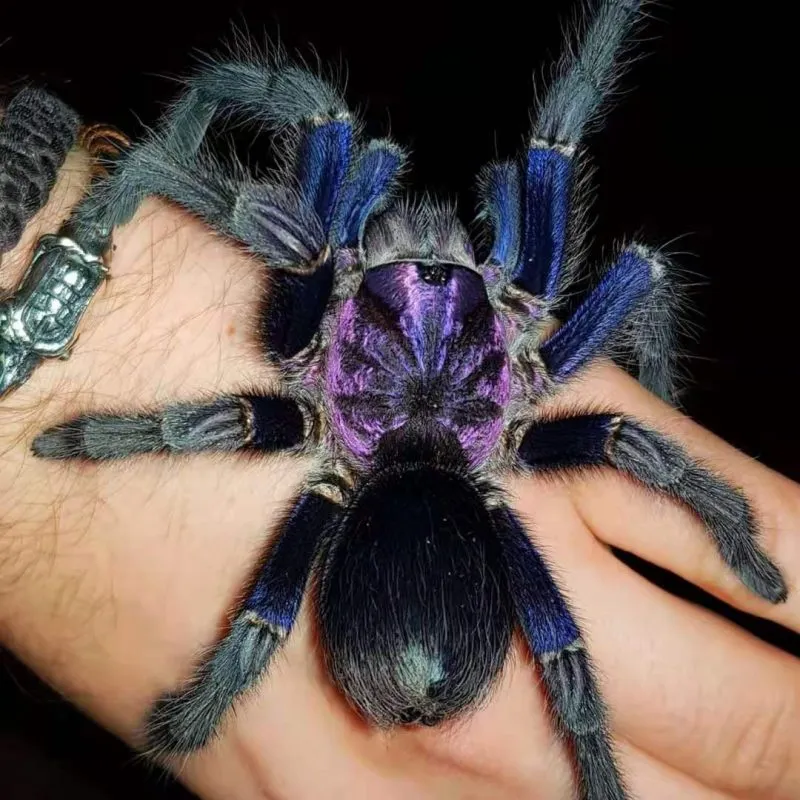
Expos and breeders can provide you with direct access to a broad selection of tarantulas and scorpions, with a wealth of expertise. Breeders can give you in-depth knowledge of their animals’ lineages, health, and care needs. Purchasing directly from breeders often increases the chance of obtaining a healthy pet. Attending expos also offers the opportunity to compare different species and vendors. Always verify the breeder’s reputation and the animal’s health before making a purchase.
Essential Care and Maintenance Tips
Proper care and maintenance are vital for the health and well-being of tarantulas and scorpions. Providing a suitable environment, a balanced diet, and safe handling practices are essential. Understanding the care requirements specific to the species is critical, as each animal has distinct needs. Following these tips can help ensure the happiness and longevity of your pet.
Enclosure Setup
The enclosure setup is essential for the well-being of your tarantula or scorpion. The enclosure needs to be secure, with a proper lid, and should be the right size for the species. The enclosure should also be properly ventilated. Substrate, such as coconut fiber or peat moss, provides a place for burrowing. The correct humidity and temperature levels for the species are also essential. Providing hiding places, such as cork bark or artificial plants, will allow the animal to feel secure. The overall enclosure environment will determine the animal’s health and welfare.
Feeding and Diet
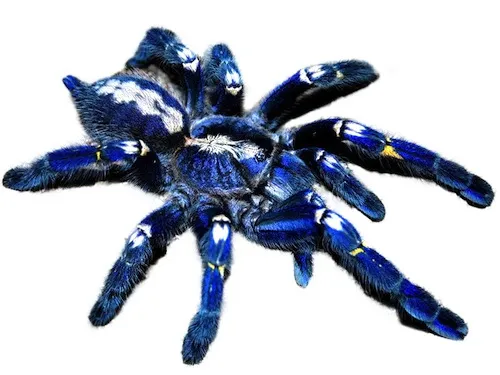
A proper diet is crucial for the health of your tarantula or scorpion. Most tarantulas eat insects, such as crickets, mealworms, and roaches. Scorpions eat a variety of insects. Be sure to provide food that is appropriate for the size and age of the pet. Avoid overfeeding, because that can cause health issues. Providing fresh water at all times is equally important. A balanced diet will keep the animal healthy and will promote a long life.
Handling and Safety
When handling tarantulas and scorpions, take proper safety precautions. Some species have venomous bites, and others have hairs that can cause skin irritation. Always handle these creatures carefully, and be sure to wash your hands before and after handling. Avoid handling them unnecessarily, and respect their space. If you are bitten or stung, seek medical advice immediately. Prioritizing safety will ensure both your welfare and that of the animal.
Common Health Issues and Prevention
Understanding common health issues is an important part of caring for a tarantula or scorpion. Recognizing the symptoms early can facilitate prompt treatment and prevent more severe problems. Providing the animal with a suitable environment, a balanced diet, and proper care will minimize the chances of health problems. Regular observation and a good understanding of the species’ behavior will help in detecting possible health issues.
Moulting
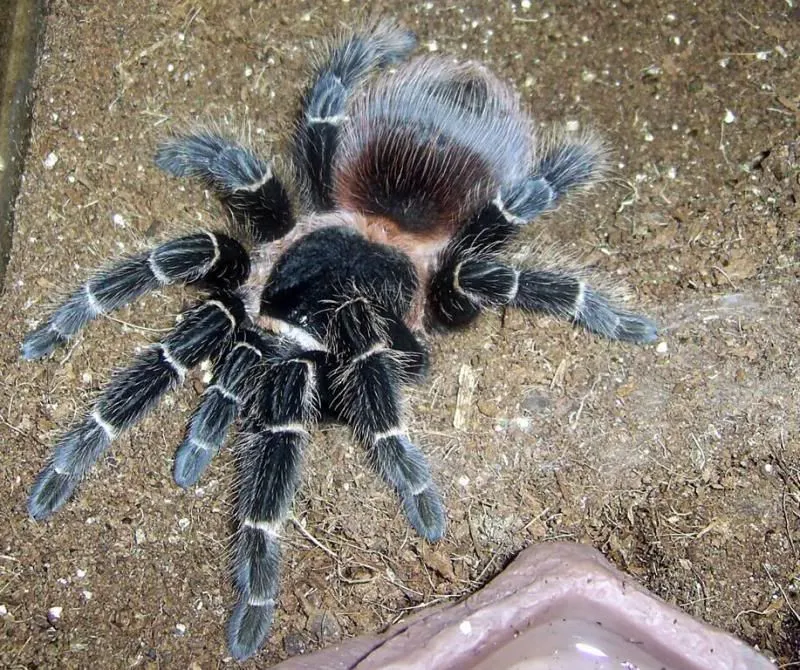
Moulting is the process where tarantulas and scorpions shed their exoskeletons. It is a natural part of growth, but it can also be a vulnerable time for the animal. During moulting, it is important to keep the enclosure calm and to avoid any disturbances. Provide a suitable environment with proper humidity, and do not handle the animal. After moulting, the animal will be soft and delicate, and it may take a few days to harden. After moulting, the animal is more vulnerable and may be slow to eat. It is important to be patient and to allow the animal to adjust.
Parasites and Diseases
Tarantulas and scorpions can be vulnerable to parasites and diseases, so prevention is important. Inspect the enclosure and the animal regularly for any signs of parasites, such as mites. Maintain good hygiene and keep the enclosure clean. Quarantine new animals before introducing them to the rest of your collection. If you see any signs of illness or parasites, take the animal to a veterinarian that specializes in exotic animals. Preventing parasites and disease is key to maintaining the health of your pet.
Final Thoughts
Owning a tarantula or scorpion can be a rewarding experience. Their captivating appearance and fascinating behaviors can provide years of enjoyment. Careful research, proper care, and a commitment to their well-being will make owning these animals a fulfilling experience. Be sure to seek advice and support from experienced keepers or veterinary professionals, to ensure the best care possible. Enjoy the unique world of tarantulas and scorpions!
